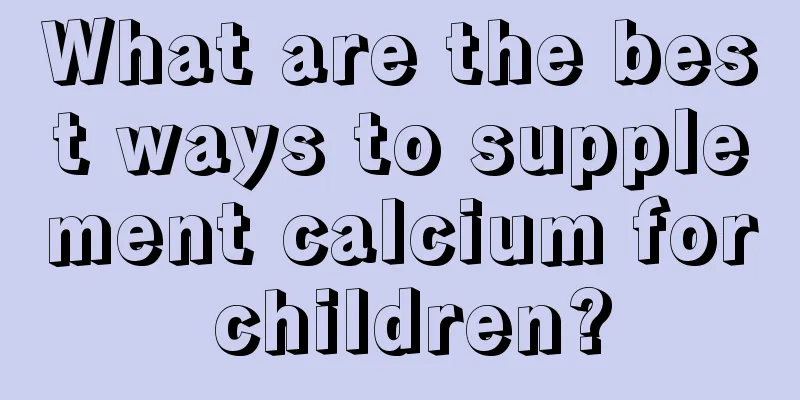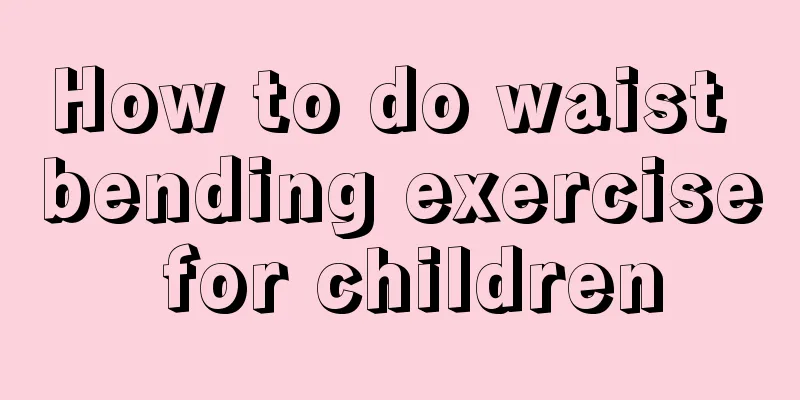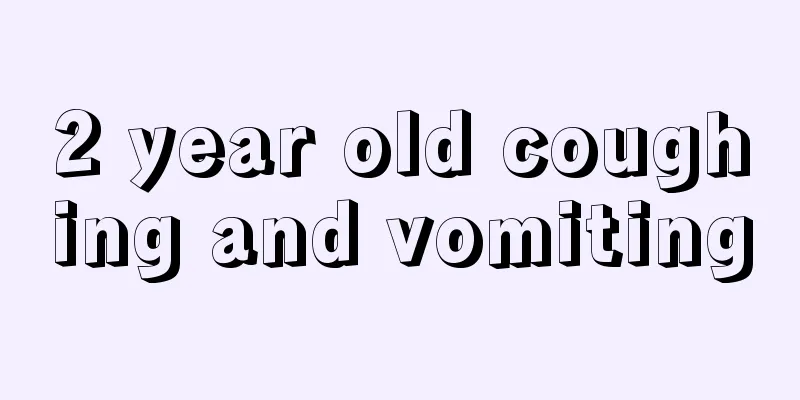How long does it take for a baby to have a bath after eating?

|
You cannot take a shower immediately after a meal. This is common sense that many people should know. The same is true for babies. This is mainly because right after they have just eaten, there is a large amount of blood circulating in the stomach to digest and absorb food, and the blood volume in other organs will be relatively reduced. If they take a bath at this time, the blood volume in the stomach will decrease, and the corresponding blood volume in the skin and muscles will increase, which can easily affect digestion and absorption. So, how long after a baby is fed can he take a bath? Generally, babies can be bathed about thirty to forty minutes after they have eaten. Don't give your child a bath in these 5 situations1. When you have just eaten The baby's little belly is like a small balloon after eating so much. It is not advisable to give the baby a bath right after putting down the dishes. The reason is that it is not good for the baby's health to bathe him right after eating too much. Especially for babies who need to be held in your hands while washing their hair and taking a bath, the food in the stomach cavity will flow back during the bath, causing gastrointestinal discomfort. Washing your hair right after a meal can cause the brain to lack oxygen due to the stimulation of water, which is not good for the baby's health.
It is not advisable to bathe the baby 48 hours before and after a fever caused by a viral infection. The reason is that the pores are opened during the bathing process. Although it has a physical cooling effect, the baby is young and has poor resistance. At the same time as the temperature is lowered, cold air will also invade the pores, which may worsen the condition. Therefore, it is not recommended to bathe the baby within 48 hours before and after the baby has a fever. You should wait until the baby's condition stabilizes and his health improves before bathing him. 3. When the skin is damaged Damaged skin is prone to infection when it comes into contact with water, making recovery more difficult. Babies are young and don’t know how to avoid water. If they are not careful, their damaged skin may get wet and cause unnecessary infection, which may delay healing or cause various risks due to infection. When the baby's skin is damaged or has skin disease, the mother should be careful when bathing the baby. Even if the baby must be bathed, he should listen to the doctor's advice.
The baby vomits milk after eating. If the baby vomits frequently, it is recommended not to bathe the baby for the time being. Because when bathing the baby, you will inevitably have to move to the baby, which may aggravate the baby's vomiting, make the baby very uncomfortable, and is not good for his health. When the baby vomits, the mother should pat the baby's back gently. Don't worry about the baby's dirty clothes and don't bathe and change them in time. Instead, wait for the baby to stop and rest for a while before bathing him. 5. When you are in a bad mood Sometimes babies don’t want to take a bath and become emotionally agitated and cry loudly, but their clean-loving parents do not take their babies’ feelings seriously at all and force the babies into the bath tub. The babies are frightened and resist desperately. In this case, the baby will be greatly frightened, which will increase the fear and difficulty of taking a bath next time. It is recommended that parents think of good ways to coax the baby instead of forcing the baby to take a bath when the baby is in a bad mood. |
<<: How long is normal for a newborn baby to sleep?
>>: Is it OK for babies to use air conditioning?
Recommend
Symptoms of colic in six month old baby
Six-month-old babies are usually still in the bre...
What should I do if my baby has ectropion?
The healthy development of babies is very importa...
Excessive jaundice can cause cerebral palsy
Although most babies will face the problem of jau...
What is the cause of baby teeth overbite?
There are many common dental problems. When solvi...
What to do if the newborn has enlarged ventricles
After a newborn is born, parents, in addition to ...
What to do if your baby has a red throat and fever
Fever is a common clinical disease. Fever may occ...
What should I do if my newborn baby has not defecated for 2 days?
I believe that the problem of newborn defecation ...
Why does the child's leg hurt?
Children will always experience physical pain dur...
Will the rash recur?
The problem of roseola in children can be said to...
What should I do if my child has indigestion? These methods deal with
If a child suffers from indigestion for a long ti...
Anti-inflammatory drugs for 2 years old
Two-year-old babies have relatively low resistanc...
Why is the baby's face different in size?
After a newborn is born, the body begins to enter...
What are the early symptoms of cerebral palsy in children?
Cerebral palsy is a relatively serious disease. T...
Why do children's gums turn black?
There are many reasons for the blackening of chil...
How to correct children's pigeon feet
Parents are usually overly anxious about their ch...









